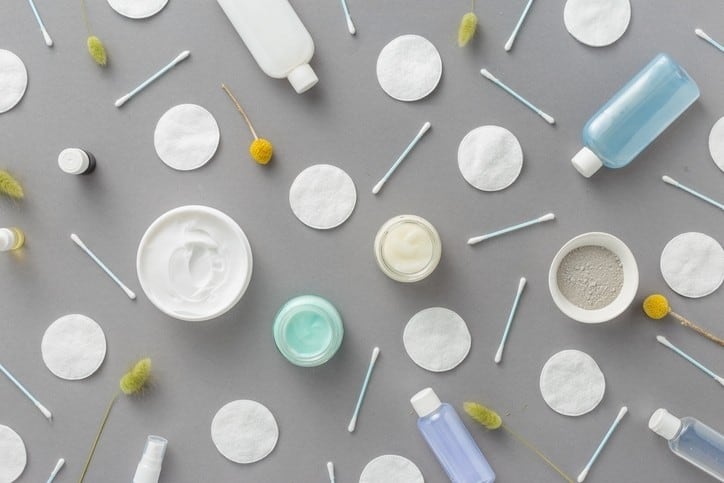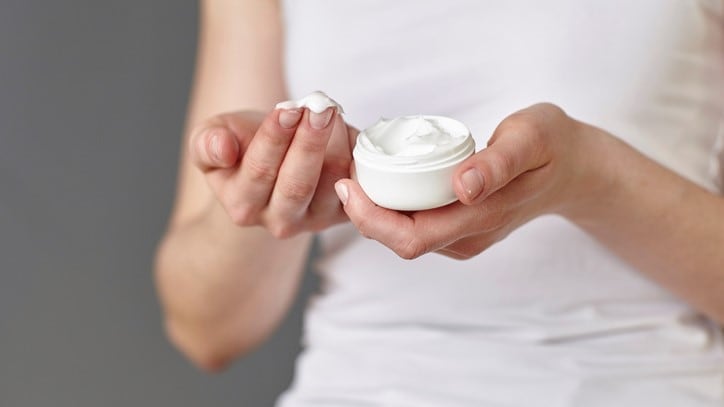Marine-derived compound exhibits promise for anti-inflammatory skin care: China study
A new compound derived from marine sources has shown potential as a natural anti-inflammatory agent for use in skin care products for sensitive skin, according to a recent study by researchers at Shanghai Ocean University and Shanghai Jiao Tong University.
The marine-derived molecule called COS-diDA was created by bonding dopamine to β-chitooligosaccharides (COS) extracted from Sargassum, a type of brown seaweed.
The lab results showed that COS-diDA significantly reduced inflammation and irritation markers in human skin cells.
Rice fermentation products show strong skin care potential but challenges remain: China review
Researchers in China have conducted a review that highlights the potential of rice fermentation products (RFPs) as powerful skin care ingredients.
The research, led by scientists from Huazhong University of Science and Technology and Mageline Biology Tech Co. in Wuhan, looked at how fermentation boosts the natural benefits of rice and why the cosmetics industry should pay attention.
According to the review, fermentation significantly increases the bioactivity of rice, and not only adds new compounds but also makes existing ones more potent and easier for the skin to absorb.
Lebanese grape seed extract’s hydrating, wrinkle-reducing effects signal potential for anti-ageing skin care
A clinical trial has shown that a Lebanese grape seed extract, when delivered in a hyaluronic acid-based nano-carrier, can improve hydration and reduce wrinkle depth in women aged 28 to 80.
Taken from a Lebanese white grape variety, the extract could be a new active ingredient for anti-ageing skin care formulations, according to researchers from Université Saint-Joseph, the University of Cagliari, and Saint George Hospital University Medical Center.
New tree peony callus extract shows potential to protect skin from UVB damage: China study
An extract made from the callus of the rare tree peony (Paeonia suffruticosa) may offer significant protection against UVB-induced skin damage, according to recent study conducted in China.
The findings suggested that PCE can play a crucial role in reducing inflammation, repairing DNA, and boosting collagen production.
The study also highlighted the advantage of using peony callus tissue over traditional plant extraction methods. Typically, obtaining natural extracts requires large amounts of plant material, which can strain environmental resources.
Acnocure could provide natural solution to acne, with antibiotic-level results: India, France study
A new study by L’Oréal Research & Innovation (R&I) teams in India and France indicated that Acnocure, a plant-based active, could offer a natural alternative to antibiotics and corticosteroids for acne treatment.
The compound is a patented blend of thymol, a monoterpene from thyme, and Curcuma turmerones, aromatic compounds from turmeric.
According to the researchers, it provided rapid and long-lasting bactericidal action against Cutibacterium acnes (C. acnes) — a key driver of acne — and significantly reduces inflammation in lab models.
Furthermore, Acnocure maintained its efficacy for up to 24 hours, and presented antimicrobial and anti-inflammatory benefits in a cosmetic-grade serum formulation.





